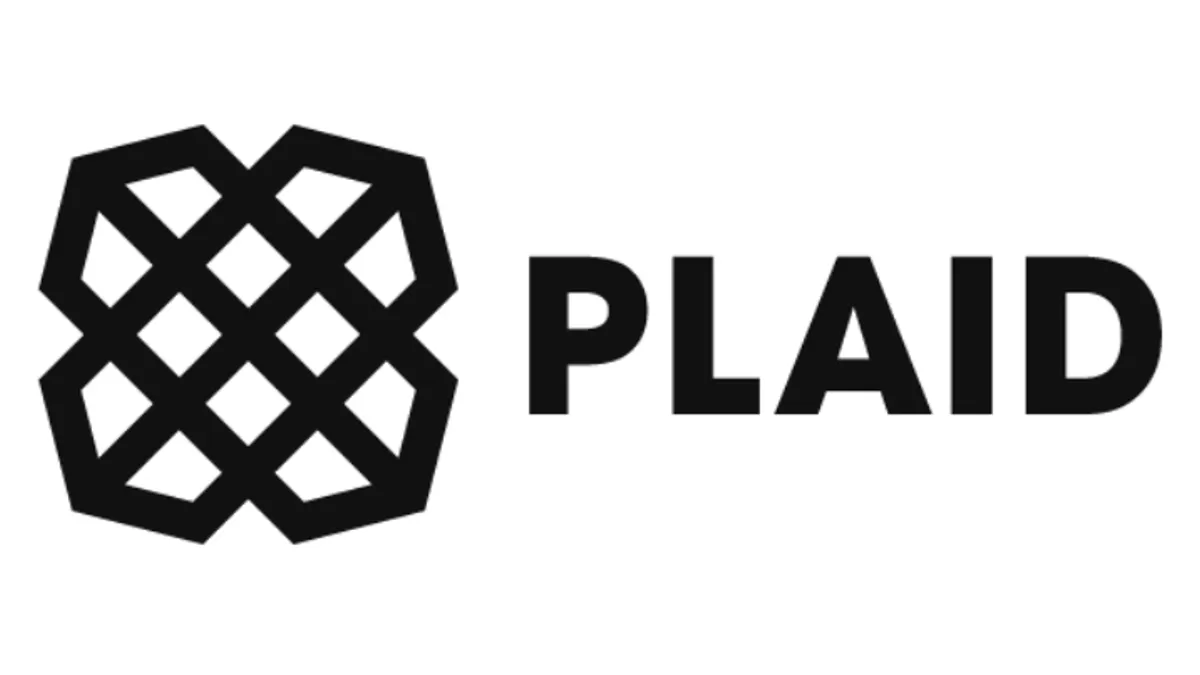Dive Brief:
-
Data aggregator Plaid on Thursday announced the launch of a payroll verification product meant to make it easier for people to prove their income to secure loans, mortgages and leases.
-
The new product, called Plaid Income, allows lenders to retrieve a consumer's permissioned income data "straight from the source," Plaid said. The product allows lenders to make "better-informed risk decisions, issue pre-approvals or approvals faster, and allocate fewer resources to manually reviewing documents," the company said.
-
Income is the second payroll product the company has launched since the mutual termination of its $5.3 billion acquisition by Visa in January, signaling the scrapped deal is not slowing the rollout of the San Francisco-based fintech's expanding product suite.
Dive Insight:
"At Plaid, we believe payroll data is the next frontier in fintech and open finance," Kate Adamson, product lead at Plaid, wrote in a blog post. "Access to payroll data has tremendous potential to expand financial opportunity and help people lead healthier financial lives."
Plaid claims the new product streamlines what is historically a burdensome process for applicants.
"They often need to retrieve and share multiple documents, which a lender must process and review," Adamson wrote. "For the applicant, this can lead to frustration, stress, and uncertainty."
Within Plaid Link, applicants can choose to share their payroll information by either connecting their employer or payroll provider account, or by uploading payroll documents including pay stubs, W-2s and supported types of 1099s, the fintech said.
Plaid Income, which is in beta, is available for full-time and part-time employees, freelancers and gig economy workers, the company said.
Plaid launched another payroll product, Deposit Switch, at the end of January. It automates direct deposit account funding for fintechs and banks that embed Plaid into their onboarding flow. Plaid said the product makes it faster for customers to change the destination of their paychecks, a feature it says will give financial institutions an edge in the highly competitive fight for customers' direct deposits.
In light of the scrapped Visa deal, John Pitts, Plaid's policy head, said the fintech has an "optimistic take" on its future as an independent company amid the growing consumer demand for financial services.
"The opportunity for Plaid and for fintech generally, is so much bigger coming into the first week of January 2021 than it appeared at the start of 2020," Pitts told Banking Dive at the start of the year. "We've got the opportunity to go independent, and we're really excited about that."
Visa and Plaid first announced the planned tie-up in January 2020, a prospect that spurred a lawsuit from the Justice Department (DOJ), which claimed the acquisition would have stifled competition in the payments sector.
Plaid also launched an application programming interface (API) platform called Plaid Exchange last summer to help smaller financial institutions compete with Wall Street banks.
The company, which works with more than 11,000 banks and financial institutions, said it aims to have 75% of its traffic dedicated to APIs by the end of 2021.













